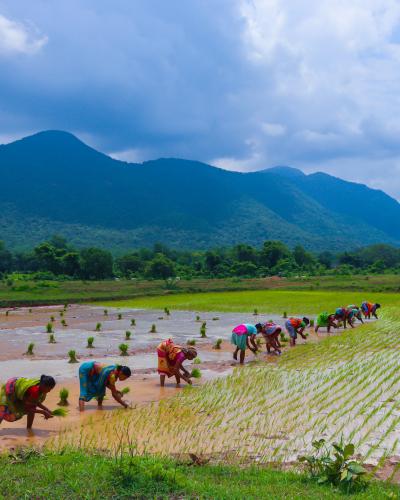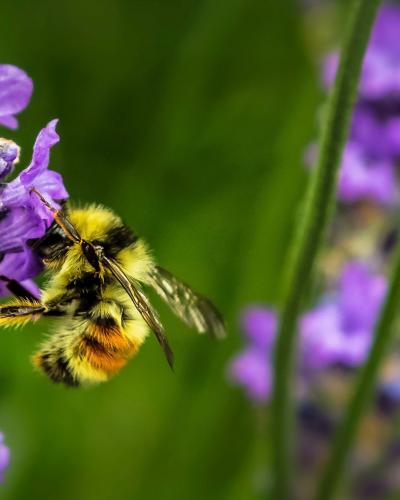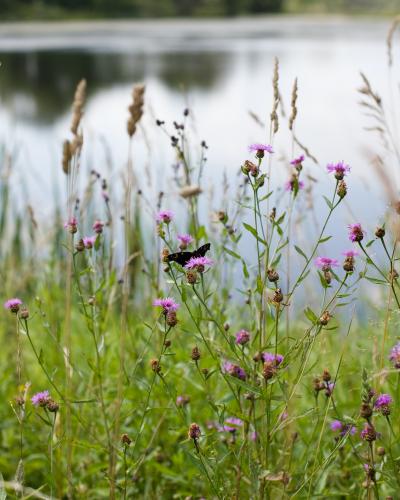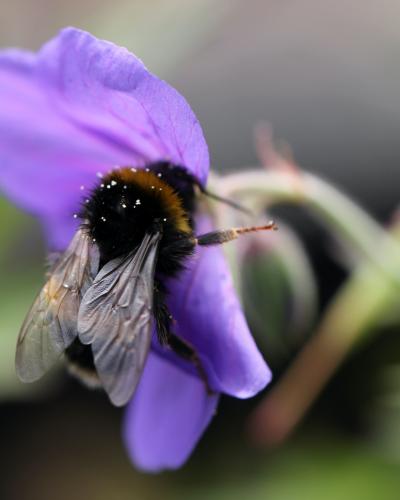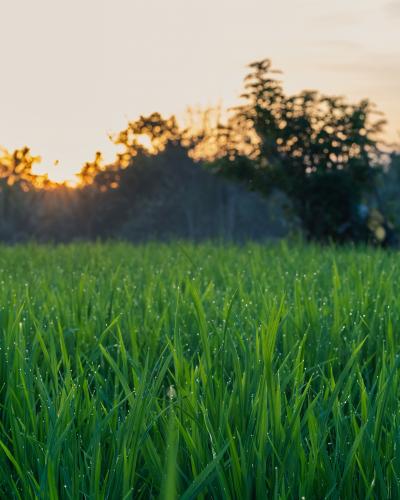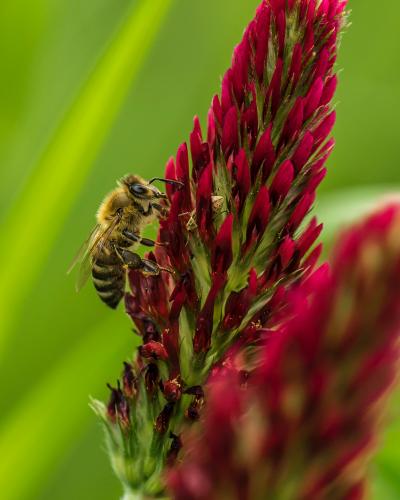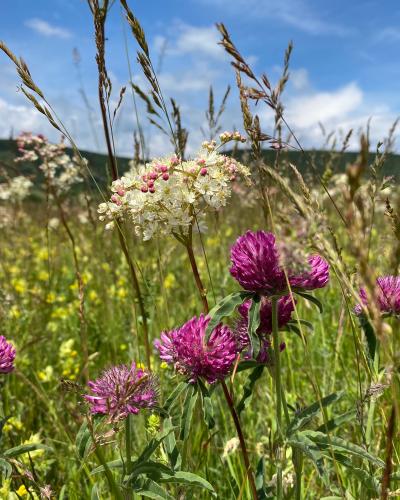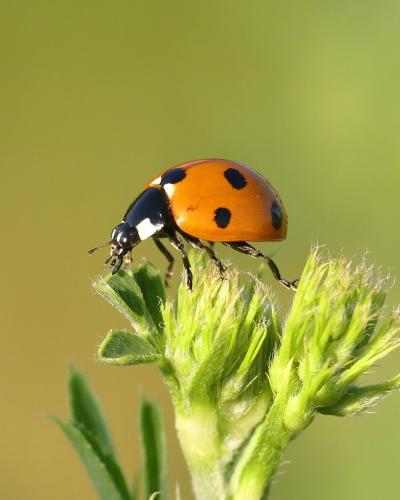For the first time, researchers evaluated if a statewide initiative that pushes all farmers in the state of Andhra Pradesh...
Dec 13, 2021
A recent study published in the journal Insect Conservation and Diversity found that non-crop flowering fields are helpful in attracting bumblebees to cropland, but organically managed crops rich...
Dec 06, 2021
A new study published in the Journal of Applied Ecology shows the importance of maintaining biodiversity to achieve natural pest control and reduce the use of insecticides. Specifically, the study...
Nov 15, 2021
Industrialized chemical agriculture has caused a decline of many important insects across the globe, while organic farming can promote biodiversity by using fewer harmful sprays and by providing...
Nov 01, 2021
The ever-growing global population demands more food production, while at the same time, increased farming intensity has contributed to the depletion of important insect populations. A recent...
Sep 27, 2021
Climate change has increased extreme weather events like flood and drought, while population growth and development have caused habitat loss and fragmentation, and both of these climate and land...
Aug 16, 2021
A recent study from Geoderma shows that over time, organic yields can match and even exceed those of conventional when built up soil health and biodiversity lead to better crop production. This...
Aug 02, 2021
Incorporating cover crops into crop rotations is known to have many benefits to soil health and ultimately crop yield. However, they are often prevented from flowering--which would support...
Jul 19, 2021
Chemicals sprayed in agriculture can drift from the target field during spray events, impacting human exposure and neighboring crops. A recent study published in the journal Environmental...
Jul 05, 2021
Organic farmers rely on natural predators to help control their crop pests rather than using chemical sprays. A new study published in the Journal of Applied Ecology found that using organic...

